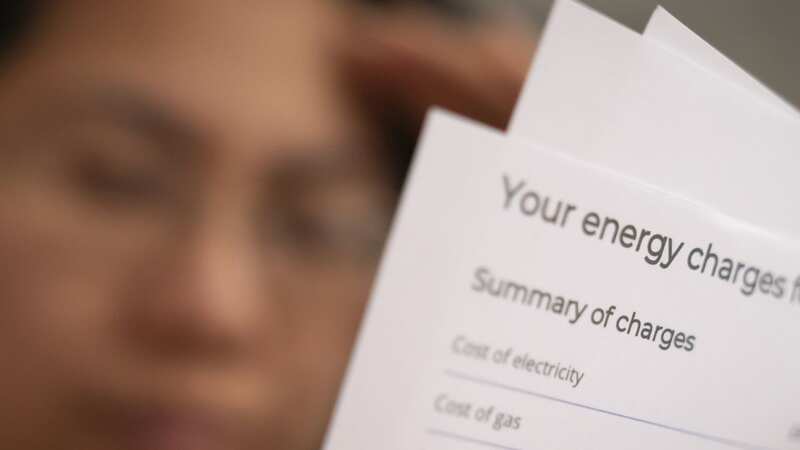Ofgem concerned costs of achieving net zero could hit poorest households hardest

Ofgem, the energy regulator, has voiced concerns that the costs of achieving net zero could unfairly impact lower income households.
It announced plans to investigate how to protect these households from future price shocks. It also warned about the high number of consumers trapped in debt and repayment plans, and the high cost of recovering this debt, which could have serious consequences for the retail energy sector.
Ofgem also highlighted the risk of the significant cost of investing in cleaner energy disproportionately affecting the bills of lower income consumers, who can't invest in the technology or change their behaviours to cut their costs.
The regulator has called for input "to work out the steps we need to take to guard against the harmful impacts of future price shocks, to ensure that the debt burden doesn't leave us with an unsustainable situation which will lead to higher bills in the future, and to look at how we can better support consumers now and in the future as the market evolves".
Tim Jarvis, Ofgem's director general for markets, said: "Prices are slowly falling as the energy market stabilises but many people have been struggling to pay their energy bills amid unprecedented levels of debt and the legacy of this risks becoming an enduring problem."
 Shop prices 'are yet to peak and will remain high' as inflation hits new heights
Shop prices 'are yet to peak and will remain high' as inflation hits new heights
Ofgem has said it is looking at ways to make energy more affordable for everyone. A spokesperson said: "We need to look at energy affordability as a whole what's working, what is not and where are the gaps? ".
"We have taken action already, changing standing charges for prepayment meter customers so they are not charged more than anyone else and toughening up requirements on suppliers to take care of their customers. However, the growing level of debt means a longer term approach is needed to ensure we have a stronger market and the right support for struggling consumers to protect them from future price shocks and ensure all consumers benefit from the transition to a new cleaner, more secure energy system."
Simon Francis, coordinator of the End Fuel Poverty Coalition, said: "We welcome any investigation into the affordability of energy and it is encouraging that surging levels of energy debt are now on the radar of the regulator. But last week the Chancellor failed to extend the Energy Price Guarantee which would have helped shield households from future fluctuating energy markets, and the Government has failed to consult on the introduction of a social tariff which would have offered even more protection to vulnerable households."
"Long term investment in household energy efficiency and cheaper home grown renewable energy are how we bring energy bills down in years to come. The solutions are there, but what we need is political class committed to implementing them. As a national infrastructure priority, improvements in the grid should be paid for through general taxation funded through windfall taxes on firms who have benefited from the energy crisis. We can't just keep adding money to people's bills whenever the energy firms ask for it."
A Department for Energy Security & Net Zero spokesperson said: “Energy prices are now at their lowest in two years and down over 60% since their peak, when we covered half of a typical household’s energy bill. We are continuing to protect vulnerable people, providing significant financial support for those who need it most – backed by £108billion. This is on top of National Insurance cuts totalling 10 per cent and an increase to the living wage.
“We are also actively consulting on the future of the energy market, to ensure households and families can access the full benefits of moving to a smarter, more flexible energy system.”
The Government has been asked for input on these proposals until Monday May 13 2024.
Read more similar news:
Comments:
comments powered by Disqus

































